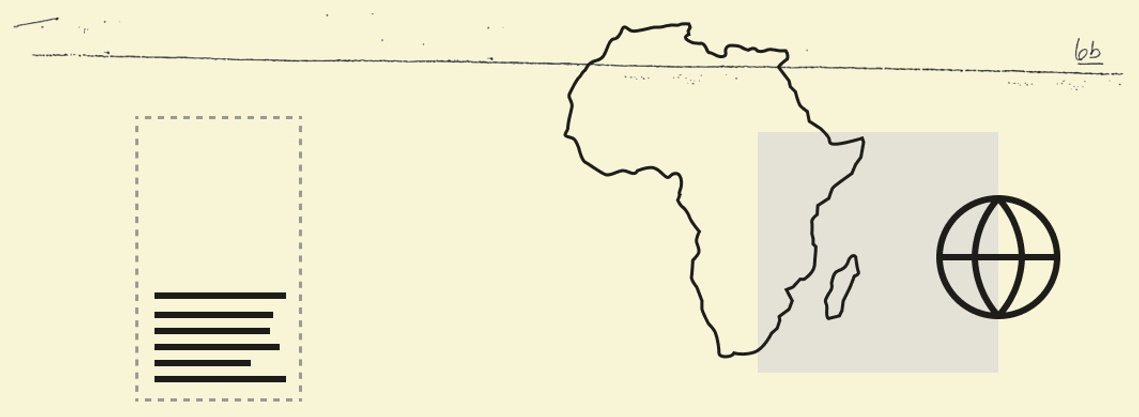 Governance Thomas Mukoya/Reuters Thomas Mukoya/Reuters🇰🇪 Kenyan lawmakers launched an impeachment motion against Deputy President Rigathi Gachagua on Tuesday. The move follows allegations that he played a role in anti-government protests earlier this year and stirred ethnic hatred — claims he denies. 🇨🇮 Côte d’Ivoire’s ruling party endorsed 82-year-old President Alassane Ouattara to run for a fourth term in October 2025 elections. Mining🇺🇬 Uganda’s energy minister said the country had formed a state-owned mining company to manage the government’s equity interests in mining operations. 🇿🇼 Zimbabwe’s Bikita Minerals told the country’s lawmakers that a lack of basic infrastructure in lithium-rich regions, compounded by foreign currency regulation, was hindering the extraction of lithium reserves. Tech🇿🇦 South Africa’s first electric minibus tax service, eKamva, was unveiled this week in Johannesburg. It will hit the road in early 2025. 🇳🇬 Winich Farms, a Nigerian online marketplace connecting farmers and food processors, raised $3 million in a mix of equity and debt from a number of African venture capital firms. Geopolitics Diego Garcia; image by Reuters Diego Garcia; image by Reuters🇲🇺 The UK agreed to hand over the Chagos Islands to Mauritius following negotiations that began in 2022, bringing to an end dispute over the sovereignty of Britain’s last African colony. Under the agreement, announced on Thursday, Britain will retain control of the UK-US military base on Diego Garcia, one of the islands. Energy🇿🇦 The board of Brazil’s state oil company Petrobras approved the acquisition of a 10% stake in the offshore Deep Western Orange Basin oil block in South Africa, it said on Tuesday. It follows a competitive process held by French oil major Total which operates the project. 🇳🇬 Exxon Mobil’s $1.28 billion deal to sell its Nigerian onshore assets to Seplat Energy is set to be approved in the coming days, President Bola Tinubu said on Tuesday. Deals🇰🇪 African Development Bank invested $10 million for an equity stake in Nairobi-based financier Dhamana Guarantee Company. 🇰🇪 The Kenyan government chose Indian company Larsen & Toubro, and Paris-headquartered Grid Solution SAS for a $95 million project to construct a new electricity control center in the country. |